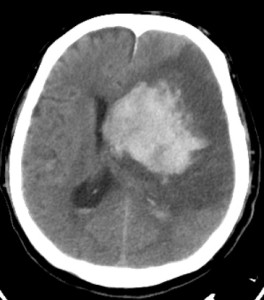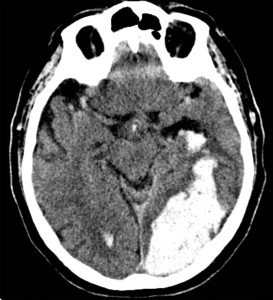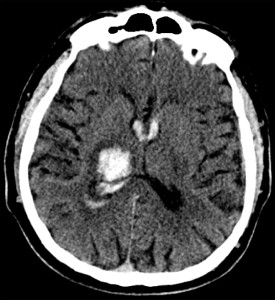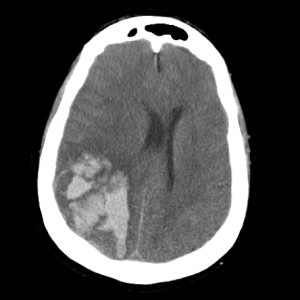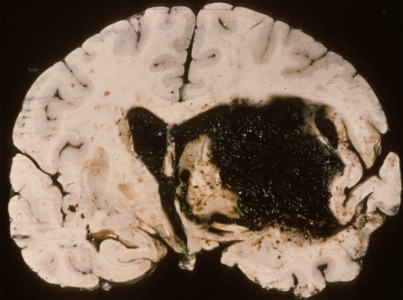In the culinary world, a recipe is the key to consistently great dishes. Similarly, in the realm of acute patient care, having a clear protocol can make all the difference in patient outcomes. The INTERACT3 study, a groundbreaking international, stepped-wedge cluster randomized controlled trial, has provided neurologists with a recipe for success in managing acute intracerebral hemorrhage (ICH). Get ready to dive into the details of this landmark study that’s sure to change the way we approach ICH treatment!
Some readers may appreciate that the INTERACT3 study is the third publication of the INTERACT trial series. INTERACT1 and INTERACT2 were randomized controlled trials (RCTs) that focused specifically on blood pressure management in acute ICH. These two studies provided evidence supporting the safety and potential benefits of early intensive blood pressure lowering in acute ICH. The INTERACT3 study sought to take things further by testing a multifaceted “care bundle” beyond solely blood pressure control. The additional aspects of this care bundle included strict glucose control, fever treatment, and rapid reversal of abnormal anticoagulation when present.
The INTERACT3 study enrolled a whopping 8,360 patients from 110 international sites, making it one of the largest trials of its kind. The primary outcome was functional status at 90 days, assessed using the modified Rankin Scale (mRS). Secondary outcomes included mortality, serious adverse events, and quality of life. In INTERACT1 and INTERACT2, the primary outcome was the proportional change in hematoma volume at 24 hours.
The results were nothing short of impressive: the care bundle group had a significantly lower likelihood of poor functional outcomes (Odds ratio 0.86; p=0.015) and experienced fewer serious adverse events (16.0% vs 20.1%, p=0.0098). Quality of life and mortality risks were also significantly reduced in the care bundle group compared to the usual care group. The beauty of this intervention lies in its simplicity and cost-effectiveness, making it feasible for widespread implementation in various healthcare settings worldwide.
In summary, the INTERACT3 trial is a testament to the tireless efforts of neurologists worldwide who have dedicated their careers to improving hemorrhagic stroke outcomes. With the clear recipe provided by this study, we can now consistently deliver exceptional patient care and make a meaningful difference in the lives of those affected by acute ICH.
So, fellow neurologists, let’s embrace the findings of the INTERACT3 study and make this care bundle the new standard of care for acute ICH management. After all, who doesn’t love a tried-and-true recipe for success?
Review this Landmark article here!
Check out some relevant Neuroimaging to this case from our image database below:
References:
Ma, L., Hu, X., Song, L., et al (2023). The third Intensive Care Bundle with Blood Pressure Reduction in Acute Cerebral Haemorrhage Trial (INTERACT3): an international, stepped wedge cluster randomised controlled trial. The Lancet, 402(10395), 27-40. https://doi.org/10.1016/S0140-6736(23)00806-1
Anderson, C. S., Huang, Y., Wang, J. G., et al. (2008). Intensive blood pressure reduction in acute cerebral haemorrhage trial (INTERACT): a randomised pilot trial. Lancet Neurology, 7(5), 391–399. https://doi.org/10.1016/S1474-4422(08)70069-3
INTERACT2: Anderson, C. S., Heeley, E., Huang, Y., et al. (2013). Rapid blood-pressure lowering in patients with acute intracerebral hemorrhage. The New England Journal of Medicine, 368(25), 2355–2365. https://doi.org/10.1056/NEJMoa1214609


